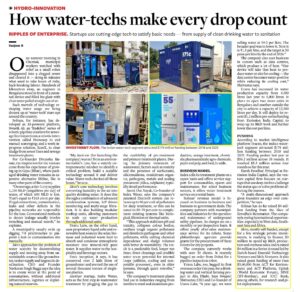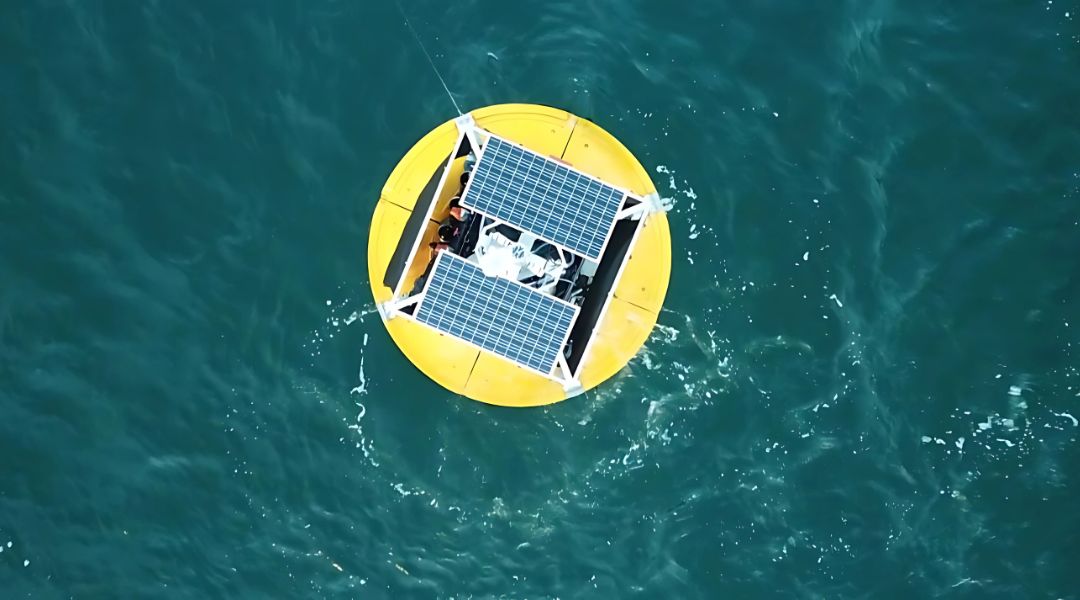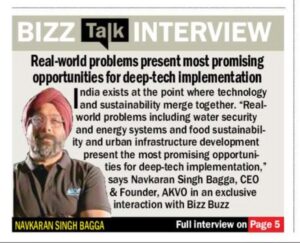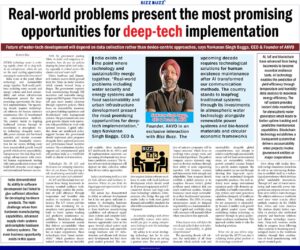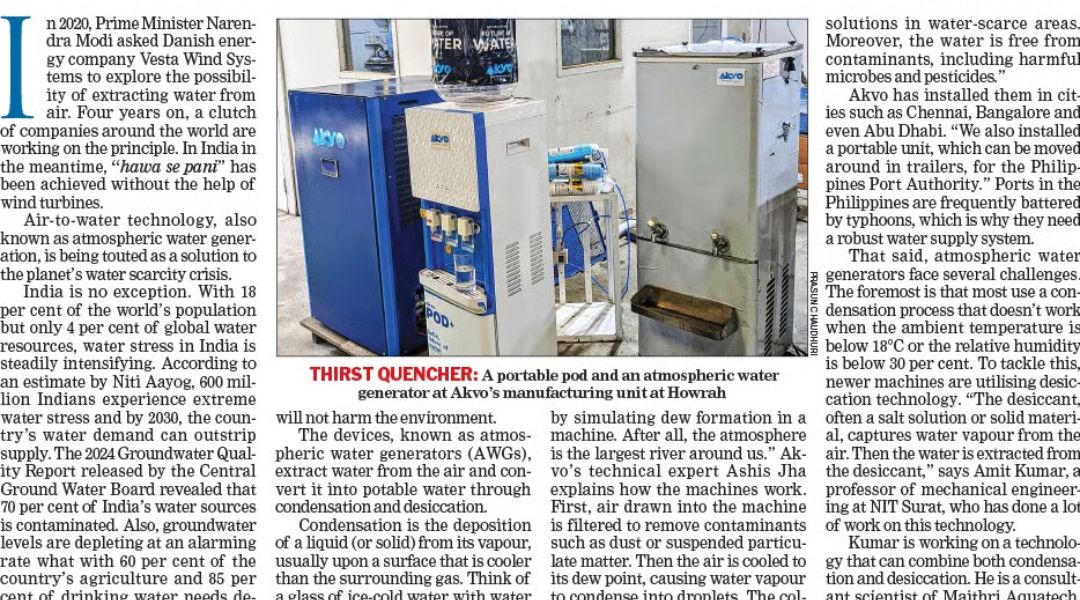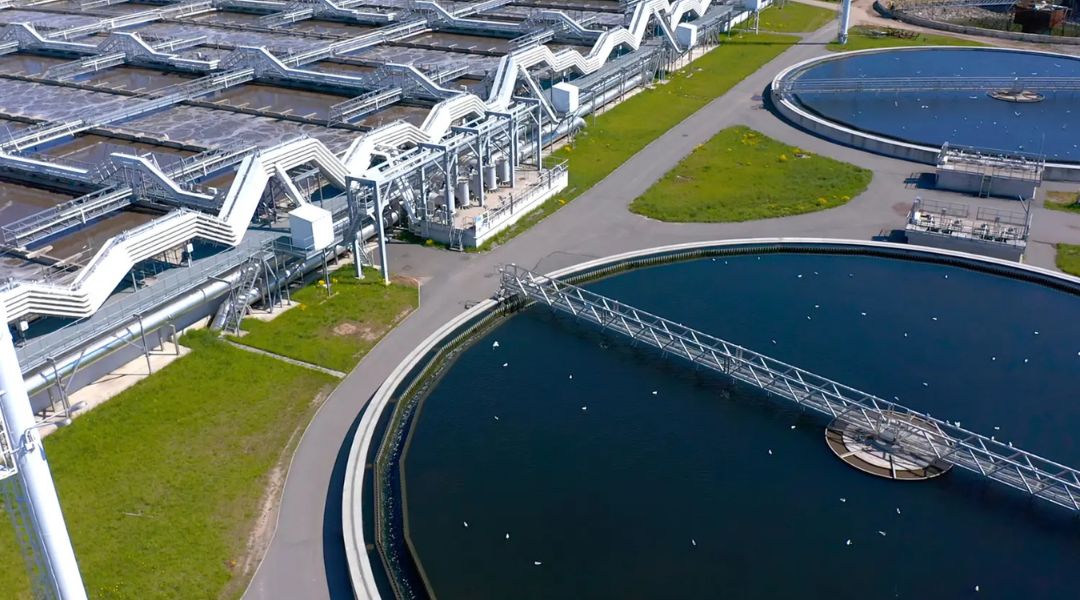Reimagining Water for a Warming World
As global water scarcity intensifies, traditional methods like desalination and groundwater extraction are proving costly and unsustainable. Yet, the air around us holds an untapped resource — atmospheric moisture. Atmospheric Water Generation (AWG) captures and condenses this humidity to create clean drinking water directly from the air.
Where IoT Meets Water Innovation
The next frontier in water technology lies in merging AWG with the Internet of Things (IoT). IoT transforms conventional AWG systems into smart, connected, and self-optimizing water generators that learn, adapt, and perform intelligently.
Smarter, Sustainable, and Connected
-
Predictive Maintenance: IoT sensors track temperature, filter health, and compressor performance, preventing breakdowns before they occur.
-
Real-Time Adaptation: Systems automatically adjust to local humidity and temperature, maximizing water yield in any environment.
-
Energy Optimization: Smart scheduling and renewable integration reduce power use while maintaining efficiency.
-
Remote Monitoring: Operators can oversee production, quality, and energy use through cloud dashboards or mobile apps.
-
Water Quality Assurance: Built-in sensors continuously ensure that every drop meets safety and purity standards.
Building a Decentralized Water Future
IoT-enabled AWGs pave the way for decentralized, data-driven water networks — from villages and campuses to disaster zones. They create a resilient ecosystem where each unit contributes to a collective intelligence of global water generation.
The Road Ahead
Integrating AI and Machine Learning will take this even further, enabling systems that predict environmental shifts, optimize automatically, and share data globally — creating a true “intelligent water web.”
While challenges like cost, interoperability, and data security remain, continued innovation and collaboration are bringing us closer to a sustainable, autonomous water future.
From Data to Drops
The union of IoT and AWG marks a new era of smart, sustainable water independence — connecting the cloud in the sky to the cloud on the network. Every drop now tells a story of innovation, accountability, and hope.
Read the full article here





